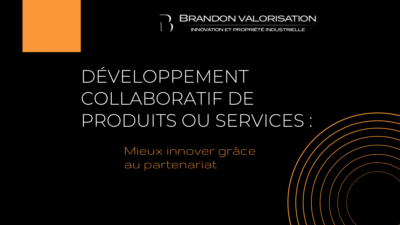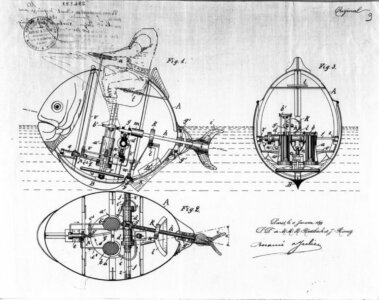After the pandemic has hit hard on companies around the world since 2020, the war in Ukraine is once again weakening them, and in particular small businesses. Increase in the price of raw materials (steel, etc.), energy, disruption of the supply chain, transportation costs, etc. No sector is spared, but industrial companies are the most severely affected, with an increase in charges that impact margins and even compromise their future.
And what if, once again, innovation was a solution to face the crisis?
Companies that are once again weakened
As if the COVID-19 crisis was not enough, the war in Ukraine in once again weakening the European economy.
In March 2022, François Asselin, President of the French Confederation of Small and Medium-Sized Enterprises (CPME) indicated that almost 2,000 French SMEs were directly affected by the war. These are present on the Russian and Ukrainian markets and are bearing the full brunt of the war or the economic sanctions against Russia. In particular, they are experiencing a drop in exports to these countries and payment problems. Although their situation is worrying, they are not the only ones to be affected. Hundreds of thousands of other companies, including some of our customers, are affected by the indirect consequences of the war. Among those identified, the increase in the cost of energy, the price of raw materials and the difficulties in supplying certain materials or components.
According to the Bpifrance Le Lab-Rexecode index in May 2022, 49% of SME managers anticipated a strong impact of the war on their activity, mainly due to supply chain difficulties. The aeronautics industry, a major consumer of titanium, whose main producer is Russia, is particularly affected by this phenomenon. Airbus and Safran depended up to now at 50% on Russia titanium, not to mention the specialized subcontracting SMEs which are even more dependent. Titanium is indeed used in the fuselage, engines and structural parts.
Last March, the price of steel more than doubled, further undermining another fragile sector of the economy by increasing the costs of industries that use large amounts of it.
With the increase in charges, these companies face a major problem: should they pass on these price increases to the customers, with the risk of becoming less competitive towards other companies which would not do so, or reduce their margins with the risk of putting themselves in danger?
In these hard times, companies are trying to limit damage: while some companies working with steel are starting to sell at a loss and use their stock until it’s exhausted, fearful of having to introduce furlough, others are reducing their range of products. Such is the case, for example, of Danone, this food giant which chooses this option in order to reduce costs by type of product and thus limit the price increase for consumers, already impacted by inflation in many sectors.
Some French companies, particularly large groups (Michelin, LVMH, Renault, etc.), have decided, voluntarily or under pressure from public opinion, to end their activities in Russia, which will inevitably have economic repercussions on their global business.

Innovation as a driver for stabilization and growth?
Despite this gloomy picture, French companies remain optimistic and seek to adapt. The French Government has also established various support measures to limit the negative impact of the conflict.
In response to the various issues currently encountered, a solution seems to impose itself: innovation.
Crisis have always led companies to innovate to respond to the major issues of the moment and stabilize their activities. We have already seen this recently with the sanitary crisis during which many of them have been able to adapt and find new working methods, strengthen their digital tools or have urgently created new products by diversifying their activities. Great technological discoveries often come from periods of crisis, times when companies have no choice but to find solutions to survive.
In the present case, the large increase in the cost of certain raw materials and the difficulties of supply must lead to a reflection on the materials used: should substitutes be sought? Should we diversify our sources of supply to limit our dependence on a single supplier/country? Should we modify the structure/composition of a product? Should we adopt new working methods, a new organization? Should we invest in equipment or processes with lower energy consumption? For example, in the aeronautics sector affected by the shortage of titanium, many SME subcontractors are actively seeking solutions to limit its use.
Today, companies must also know how to anticipate new needs and be innovative to offer new products or services that will replace the existing ones. Disruptive technologies that may allow them to be less dependent and to position themselves in markets with higher added value.
In France, many tools and financial aids exists to facilitate innovation and support companies in these procedures. For example, the research tax credit is one of them.
Since 1991, Brandon Valorisation has supported its clients in the definition of their innovation strategy. Contact our teams if you want to know more about our services:
- Strategy consulting
- Valuation diagnosis
- Search for licensees, in France and internationally
- Backing and opening up of capital
- Diversification of activities by the acquisition of innovative patented technologies
- Project engineering, to support you in the design of your products
More than 350 companies have benefited from our support since the creation of the firm. Find them here.







